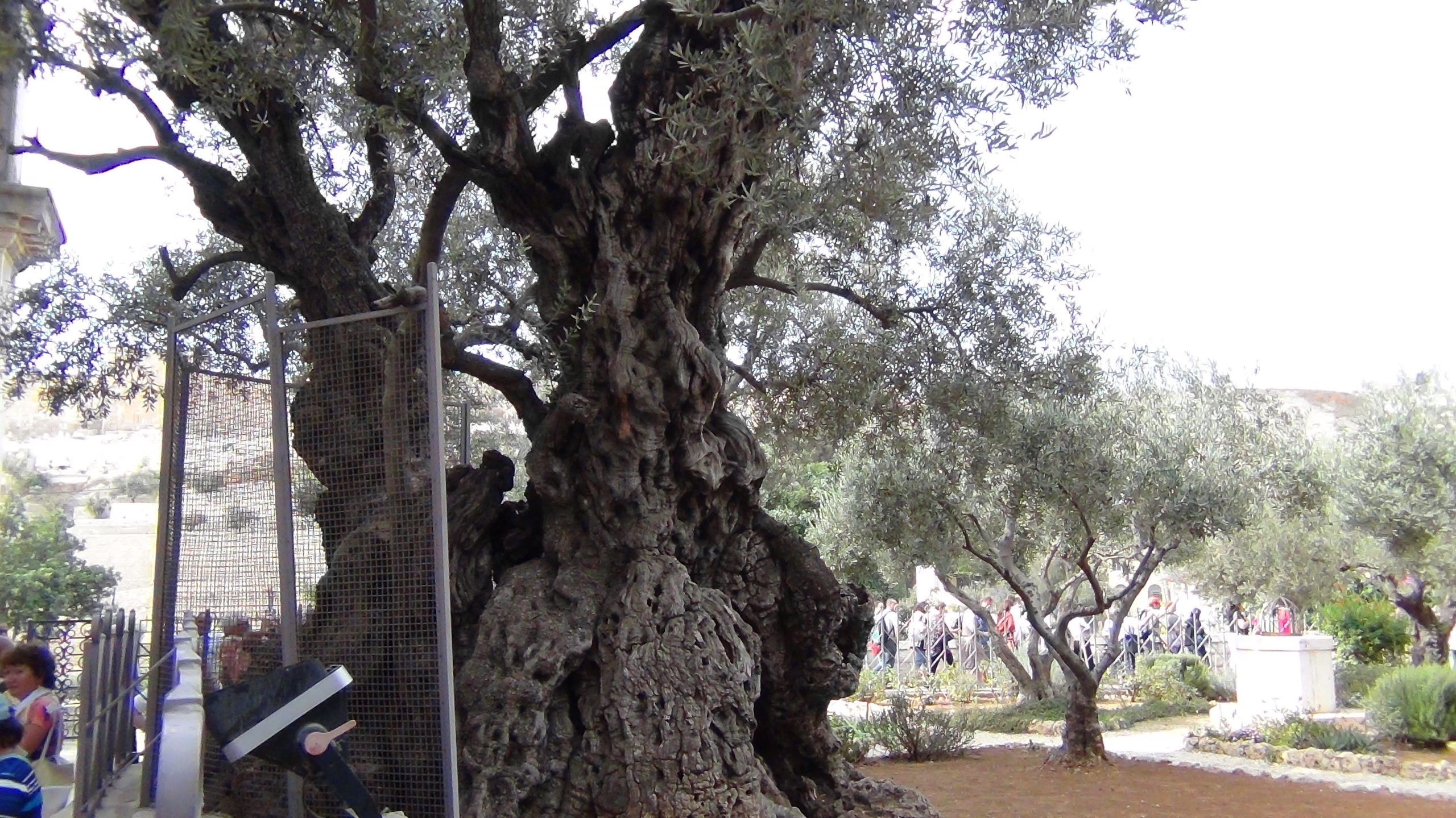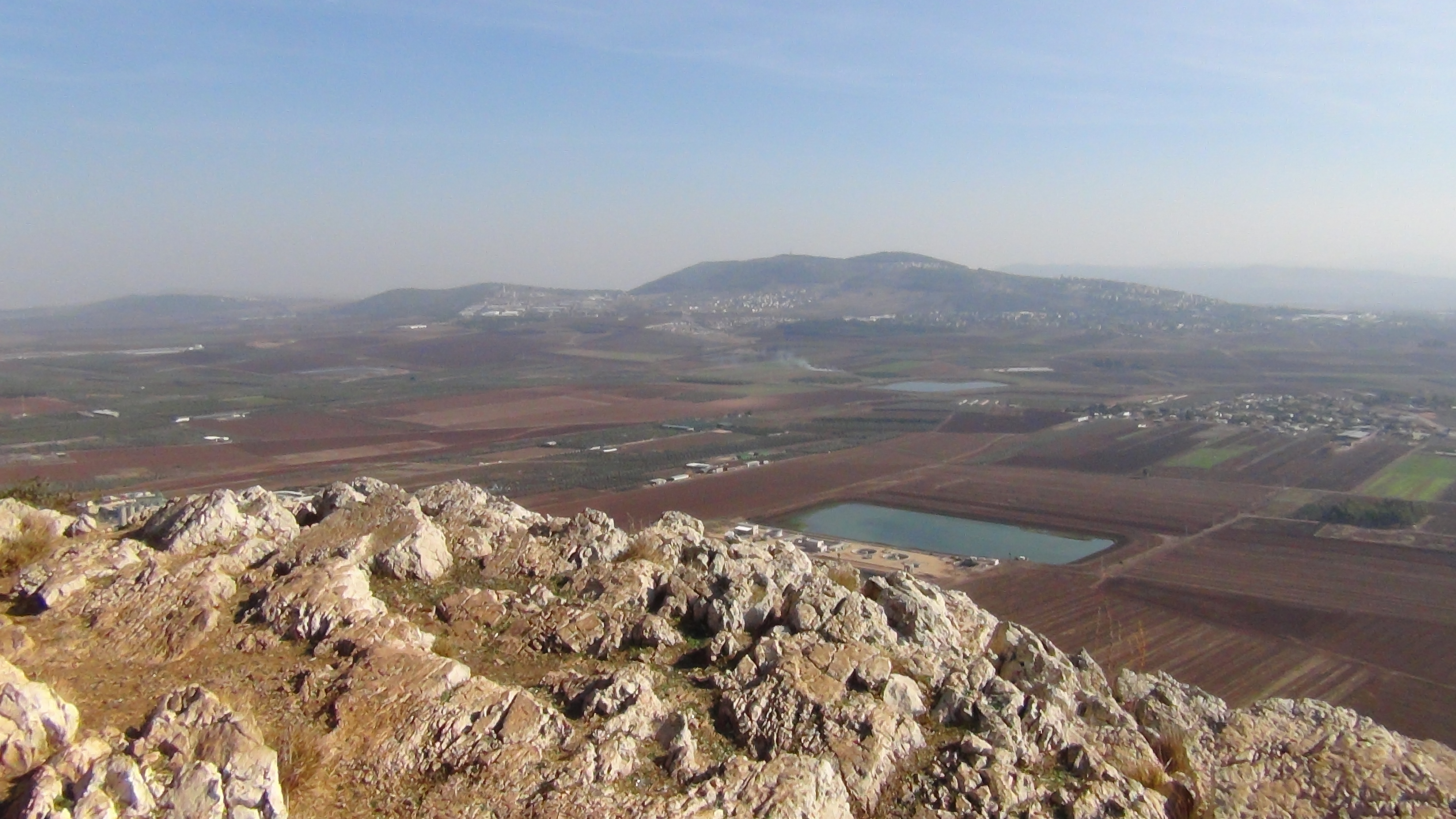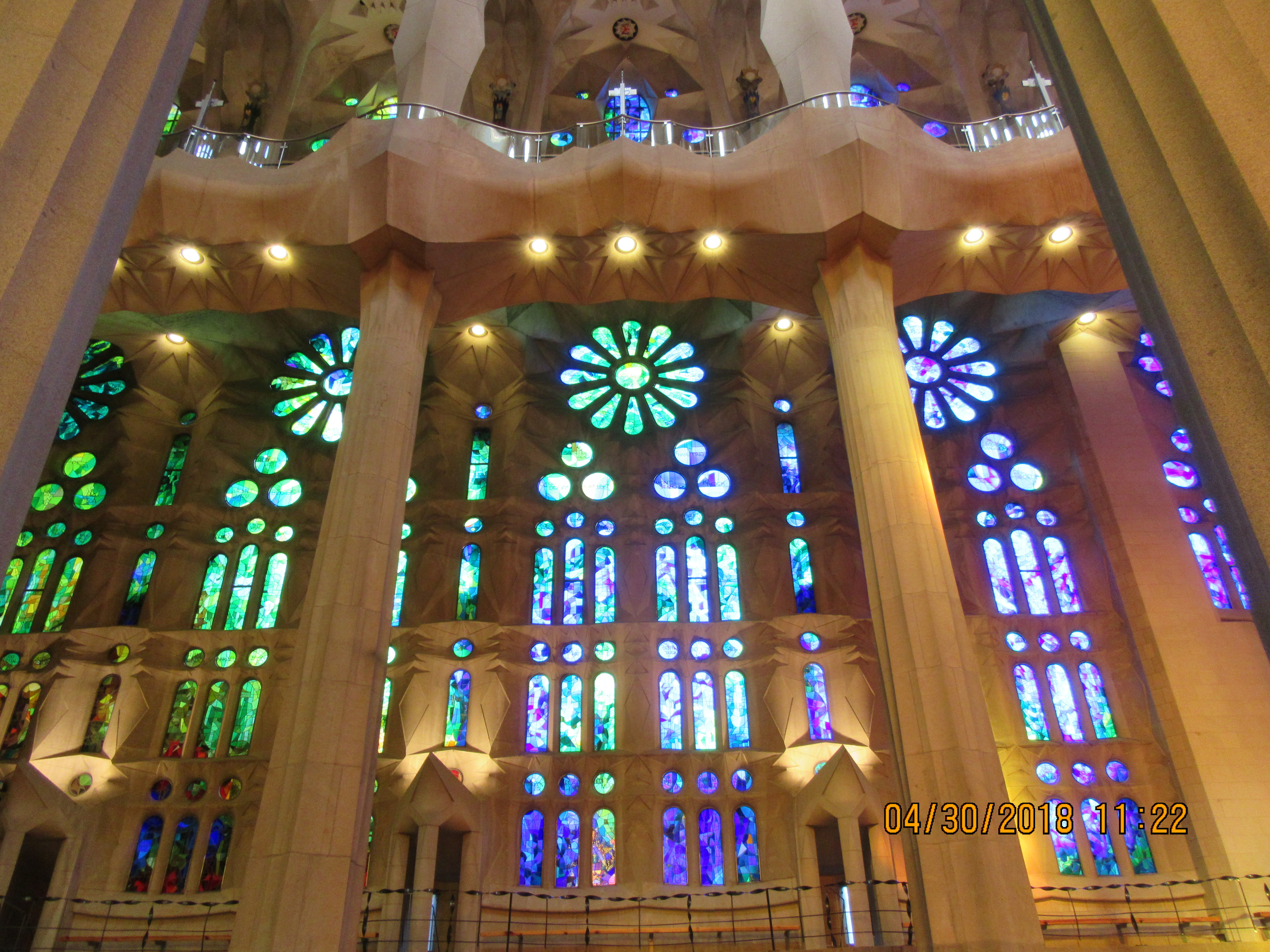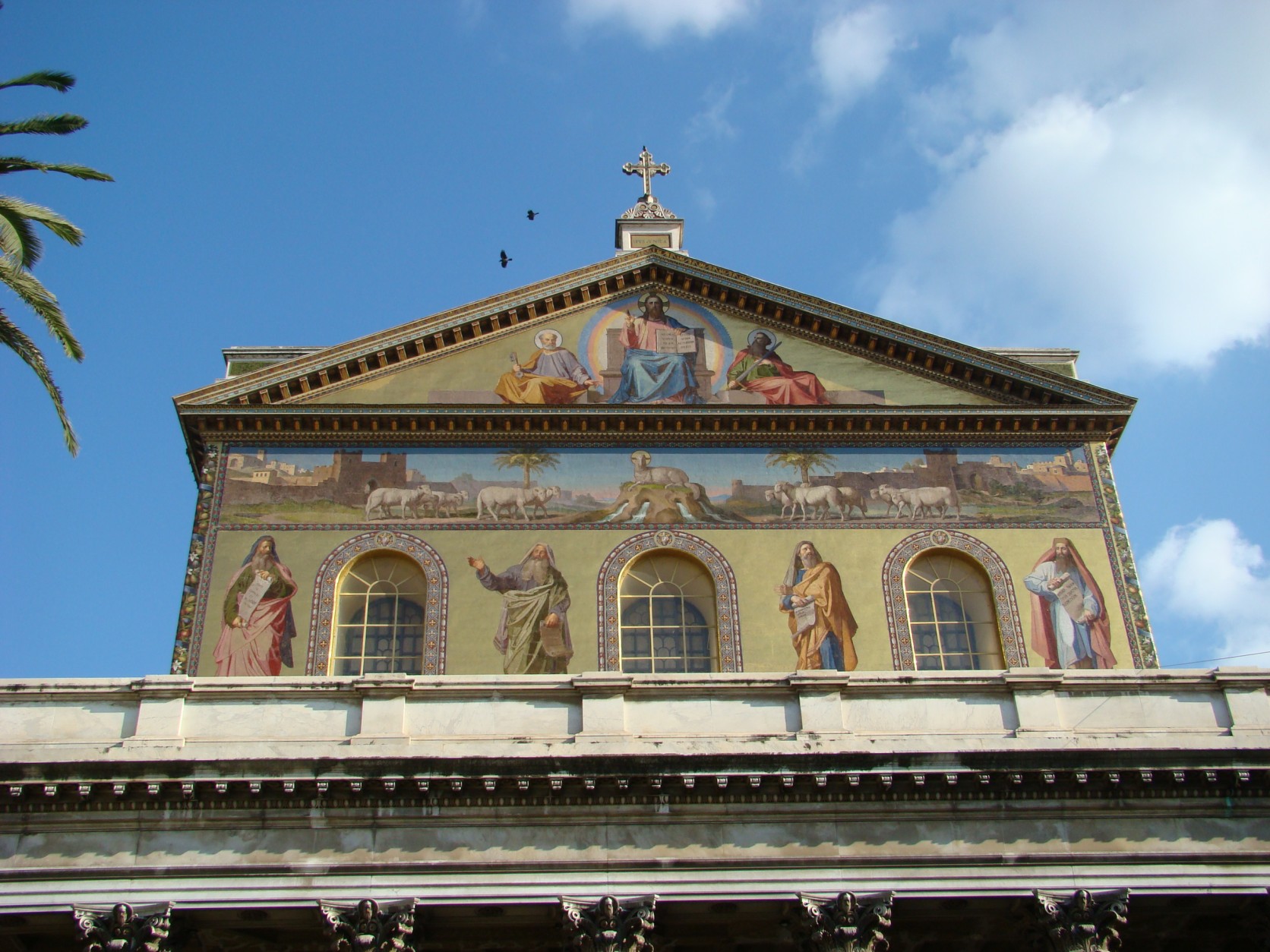Is. 53:10-11; Ps. 33:4-5, 18-20, 22; Heb. 4:14-16; Mk. 10:35-45
We can with timely help be the servant of all for the greater good. “We can” says James and John. Can we? Yes, we can approach Jesus for the throne of grace is waiting for us with a great high priest in Jesus Christ. We are to “confidently approach the throne of grace to receive mercy and to find grace for timely help”. God’s time is the perfect time. “Timely help” can serve for the greater good. “Timely” can be immediately or it may require our wait upon the Lord with the grace of anticipated patience believing and knowing he listens to our confession and can sympathize with our weaknesses. For this he “passed through the heavens” to be with us in all things but sin. The “servant of all” represents the good of all and not the few who wish to be first.
“We can” says James and John as they approached Jesus with the “open checkbook” request. Sign the check and let us write in the amount. What boldness or foolishness or both! Their request, “Teacher we want you to do whatever we ask of you.” They wanted an answer before revealing the request. It is the kind of request you expect from a child, “Mom if I ask you for something will you promise to say ‘yes’?” Chances are the answer is already understood to be “no” because it is being hidden from the truth. Jesus comes to reveal the truth to us and how to live it. We live it when we strive for the truth that creates a “win-win” for the greater good and not when we create winners and losers striving to be first among others.
Jesus let James and John know there is a “cup” to drink with their request and they do not know what they are asking that comes with that “cup”. It is a baptism by the fire of persecution that Jesus will be the first to bear and they will need to endure next as his followers. Can we drink of this cup in our life? We come to drink of the cup of life in communion so we can endure the cup of sacrifice and suffering in our lives and be strengthened by grace with timely help. He who does not sacrifice does not serve and we are called to be a “slave of all” in our sacrifice for the Lord. What does it mean to be a “slave of all”?
What it does not mean is to be at the beck and call of all without the will or the courage to respond to the truth of the gospel. Thus, what it means is to serve all with the gospel truth as a slave to the truth of the gospel. The gospel is the path to the throne of grace and eternal life. The truth of the gospel is to do all things with love in humility through the guidance of the Holy Spirit whose cardinal virtues we receive to be prudent, just, and to respond with fortitude and temperance to the test of life and all its’ challenges. The servant of all serves for the good of all and not all things serve the good of all so seek the wisdom to know the difference.
“We can” overcome our sacrifice and suffering by the grace of God who is with us. Can we trust in him? Trusting in Jesus is not being passive waiting for change to happen. Trusting in Jesus is knowing we can take the next right step trusting his divine providence to open the path of righteousness for us to follow guided by the Holy Spirit. Trusting in Jesus is an active response of faith. When all our control is gone and our only control left is how we respond to our circumstances then we are left with our faith to still believe God is there in the unknown with timely help for a greater good. We are all sent to “go forth” at the end of Mass and it represents having received the grace needed to overcome the “test” of living out our faith strengthened by the Eucharist and with the light of the Holy Spirit.
We can by grace of God carry the cross with Jesus without being crushed. Isaiah prophesied Jesus coming was “to crush him in infirmity…as an offering for sin” to bear our guilt. We turn to Jesus to lift us out of our cross with “timely help” and to help us bear what we must as a servant of the greater good of all. We turn to Jesus to offer our confession to then receive the throne of grace. The throne of grace will not only lift us up but send us forth to bear witness as servants of the Lord. Thus, when we say “we can” it represents we can offer our confession for our guilt, we can receive the throne of grace from God’s mercy, and we can go forth to be his servant in life. “Timely help” is less about us and more about him in search of his servants. Who will serve him with a timely response of “we can”?
“Can we?” Can we live outside of our comfort zone? In a world that demands having their “safe space” by avoiding a challenging environment and without question to whatever identity they adopt we can be a voice of light in the darkness of sin. God has already given us an identity in his own image and there is no comfort zone outside of his identity for us. Jesus laid his head upon a stone to rest outside of any comfort zone as a sacrifice and “ransom for many”. We can say “we can” to the Lord and accept his call to live outside of our comfort zone by his grace.
Can we accept the challenge from God to go outside of ourselves, our comfort, our fears, our worries and speak out the truth of the gospel in word and deed? As believers we all want to serve God but can we accept the challenge of being asked to contribute by volunteering as members of his body serving the poor or serving as CCE teachers, lectors, or extraordinary ministers of communion? Who wants to get to heaven? We all do. Who want to go through death to get to heaven? We don’t. There is a comfort in knowing what you have in this world even when it includes suffering compared to the unknown passage into death. Jesus gave witness of a life after death with his resurrection and left us the hope of eternal glory.
We are wired for life and death appears as an apostasy to life and yet Jesus’ life, death, and resurrection reveals it is in dying that we are born again. We die to sin every day in our confession, we die to our childhood in order to enter the adult life, we die to self in our baptism and confirmation, and when someone we love dies a part of us dies with them in our separation from them and the relationship that existed. Even our bodies are continuously having our cells die and creating new ones in order to live longer. Death is a part of our daily life and we are to be at peace with it because we have seen in our God the power to rise again.
This is the story of Jesus “a great high priest who has passed through the heavens” to join our humanity and die to self as an expiation for our sins. The cup he offers us in his body and blood is to drink of the cross as we lay down our life so that life can remain in us for all eternity. How much are we willing to sacrifice in order to live in the heavens and earth. Those who choose to retreat from life and remain in themselves offer little of themselves for the kingdom of God and are retreating into the darkness of a lasting misery. Repent while there is still time and pray “Lord, let your mercy be on us, as we place our trust in you.” The Lord who comes with “timely help” will hear our prayers and rescue us.
Can we look to the eternal through the lens of suffering with Jesus by carrying the cross and following him? The cross to bear comes through difficult relationships, sickness, persecution, betrayal, rejection or any other suffering mental, emotional, physical or relational but it is also a means of coming into God’s perfection. The cross can serve to purify our souls. It is the cup to drink that we face by the baptism of fire with the courage that we are not alone in those challenging situations. God’s mercy and “timely help” is with us. The unbearable becomes bearable as we discover in the mystery of suffering the love of God for us. Yes, we can! Yes, we can with the grace of God live through “it” whatever “it” is and this too shall pass. Even death is not the end but the next right step towards heaven. No avoiding or denying “it” for it comes to pass for God’s glory.
What is our purpose in building simply an earthly kingdom to satisfy our pleasure, our pride, or our passions knowing it is a fleeting moment of life and then it all ends? How sad for anyone who holds to this purpose to foolishly say “I did my way!” Will “my way” bring us lasting happiness or the joy of love or a peaceful death? For this St. Augustine reminds us that we are restless until we rest in him. Jesus followers were known to be followers of “the way”. There is unity in “the way”. It is the unity of being of the same mind and heart of Jesus in living the way to perfection.
The world will say “to each his way” but to followers of Christ “to each his way” is a path of self-destruction. If we are trying to find “our way” then it is Jesus Christ who can reveal to us the way to our salvation, our “little way” of being his child and coming to him with all our trust in him. No matter our age to God we are simply a child in need of a Father, of a mother, and a family. He provides us our Father in heaven and our Blessed Mother, our brother in Christ, and our mother church, and our gift of the Holy Spirit to bind us all as one family. Can we? Yes, we can be a servant of all the good with all the sacrifice and love coming with timely help from our God.









Recent Comments